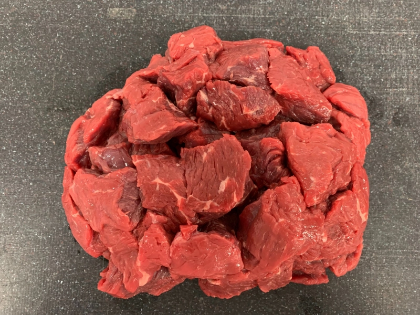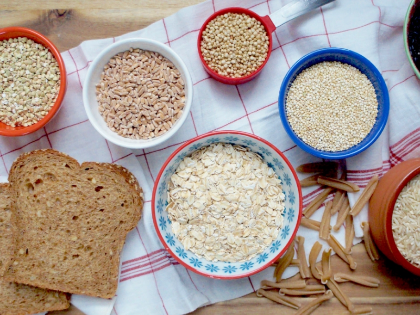Grains and Brain Health: Boosting Cognitive Function Naturally
Advertisement
1. The Interplay of Grains and Brain Function
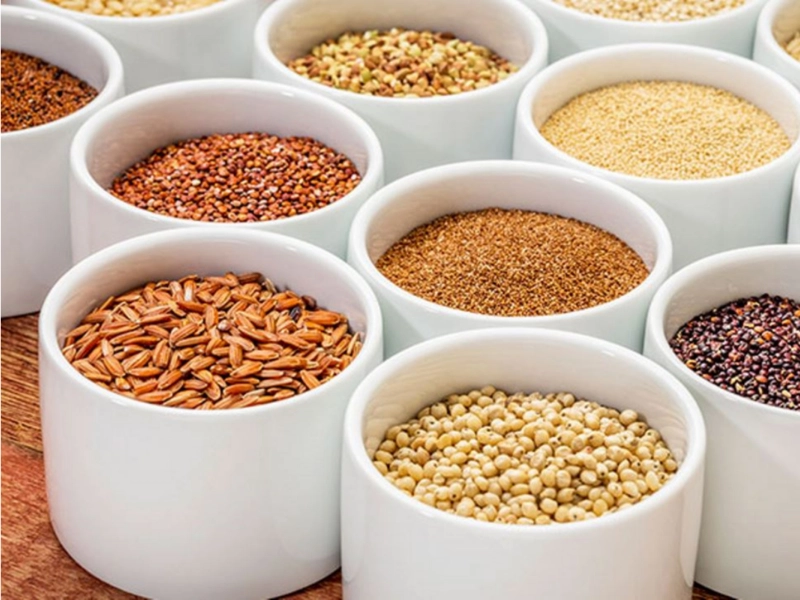
Advertisement
 Important nutrients present in whole grains help to maintain brain function. Excellent sources of complicated carbs, they give the brain, the organ's main energy source, a consistent supply of glucose. Furthermore, important for brain function and the synthesis of neurotransmitters are B vitamins found in whole grains, including B6, B12, and folate. These nutrients cooperate to promote cognitive functions, including memory, attention, and mood control.
3. The part fiber plays in cognitive ability.
Important nutrients present in whole grains help to maintain brain function. Excellent sources of complicated carbs, they give the brain, the organ's main energy source, a consistent supply of glucose. Furthermore, important for brain function and the synthesis of neurotransmitters are B vitamins found in whole grains, including B6, B12, and folate. These nutrients cooperate to promote cognitive functions, including memory, attention, and mood control.
3. The part fiber plays in cognitive ability.
 Another important element of whole grains that supports brain function is fiber. A high-fiber diet helps control blood sugar levels, therefore averting spikes and crashes that could cause tiredness and poor cognitive ability. Fiber also supports gut health, which is becoming more and more known as crucial for mental wellness. Whole grains high in fiber are a great addition to the diet, as the gut-brain link implies that a good digestive system can favorably affect mood and cognitive capacity.
4. Antioxidants and how they affect brain function
Another important element of whole grains that supports brain function is fiber. A high-fiber diet helps control blood sugar levels, therefore averting spikes and crashes that could cause tiredness and poor cognitive ability. Fiber also supports gut health, which is becoming more and more known as crucial for mental wellness. Whole grains high in fiber are a great addition to the diet, as the gut-brain link implies that a good digestive system can favorably affect mood and cognitive capacity.
4. Antioxidants and how they affect brain function
 Furthermore included in whole grains are antioxidants, which are quite important in shielding the brain from oxidative stress. Related to neurodegenerative illnesses, oxidative stress can cause cellular damage. Whole grains' antioxidants—including phenolic acids and tocopherols—help fight free radicals in the body. Whole grains help individuals increase their antioxidant intake, therefore improving brain function and maybe lowering their chance of cognitive decline.
5. Omega-3 fatty acids' significance
Furthermore included in whole grains are antioxidants, which are quite important in shielding the brain from oxidative stress. Related to neurodegenerative illnesses, oxidative stress can cause cellular damage. Whole grains' antioxidants—including phenolic acids and tocopherols—help fight free radicals in the body. Whole grains help individuals increase their antioxidant intake, therefore improving brain function and maybe lowering their chance of cognitive decline.
5. Omega-3 fatty acids' significance
 Although grains are not a direct source of omega-3 fatty acids, combining them with meals high in omega-3s can provide a meal that greatly increases cognitive ability. Found in walnuts, flaxseeds, and fatty fish, omega-3 fatty acids are vital for brain function. They help brain cell membranes to be structurally sound and facilitate neuron communication. Combining whole grains with omega-3 sources can improve the complete nutritional profile of meals, therefore supporting ideal brain activity.
6. Whole Grains: Mood Control
Although grains are not a direct source of omega-3 fatty acids, combining them with meals high in omega-3s can provide a meal that greatly increases cognitive ability. Found in walnuts, flaxseeds, and fatty fish, omega-3 fatty acids are vital for brain function. They help brain cell membranes to be structurally sound and facilitate neuron communication. Combining whole grains with omega-3 sources can improve the complete nutritional profile of meals, therefore supporting ideal brain activity.
6. Whole Grains: Mood Control
 Studies point to whole grains possibly helping to control mood and lower anxiety and depression risk. Whole grains include the B vitamins needed to manufacture neurotransmitters like serotonin, which affect emotional well-being and mood. Whole grains are a vital part of a balanced diet for mental health since they can aid in preserving steady energy levels and boosting mood.
7. Grains and Cognitive Development
Studies point to whole grains possibly helping to control mood and lower anxiety and depression risk. Whole grains include the B vitamins needed to manufacture neurotransmitters like serotonin, which affect emotional well-being and mood. Whole grains are a vital part of a balanced diet for mental health since they can aid in preserving steady energy levels and boosting mood.
7. Grains and Cognitive Development
 Maintaining cognitive ability becomes much more crucial as we become older. Studies on diets heavy in whole grains have found that elderly persons' risk of cognitive decline may be reduced. Whole grains' nutrients—including B vitamins, antioxidants, and fiber—help maintain brain function and might even prevent age-related cognitive decline. One proactive approach to enhance long-term brain health is including whole grains in the diet.
8. Doable Strategies for Including Whole Grains
Maintaining cognitive ability becomes much more crucial as we become older. Studies on diets heavy in whole grains have found that elderly persons' risk of cognitive decline may be reduced. Whole grains' nutrients—including B vitamins, antioxidants, and fiber—help maintain brain function and might even prevent age-related cognitive decline. One proactive approach to enhance long-term brain health is including whole grains in the diet.
8. Doable Strategies for Including Whole Grains
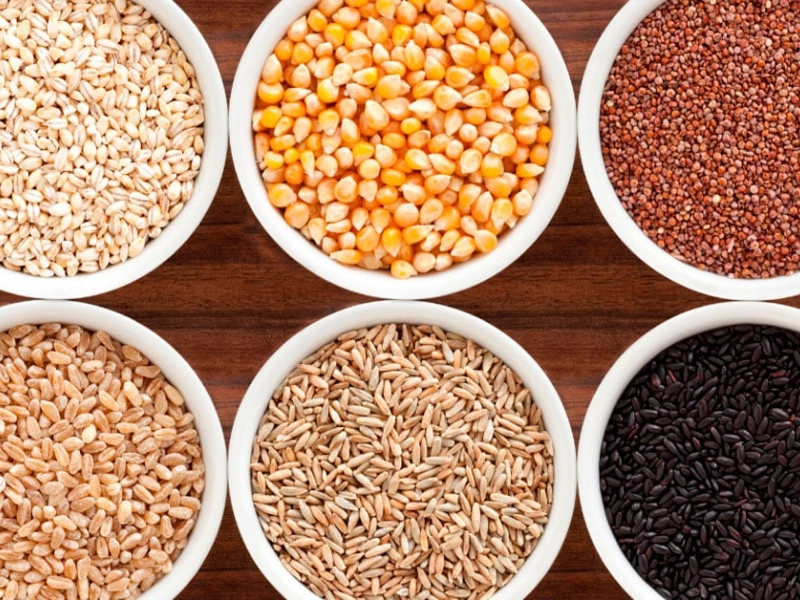 Including healthy grains in everyday meals is simpler than it sounds. Start in common meals substituting whole grains for processed grains. For salads and soups, pick brown rice instead of white rice, whole wheat bread instead of white bread, or quinoa or barley. While gaining the cognitive advantages connected with these nutrient-dense foods, experimenting with several whole grain selections can bring diversity to meals.
9.How Processed Grains Affect Brain Function
Including healthy grains in everyday meals is simpler than it sounds. Start in common meals substituting whole grains for processed grains. For salads and soups, pick brown rice instead of white rice, whole wheat bread instead of white bread, or quinoa or barley. While gaining the cognitive advantages connected with these nutrient-dense foods, experimenting with several whole grain selections can bring diversity to meals.
9.How Processed Grains Affect Brain Function
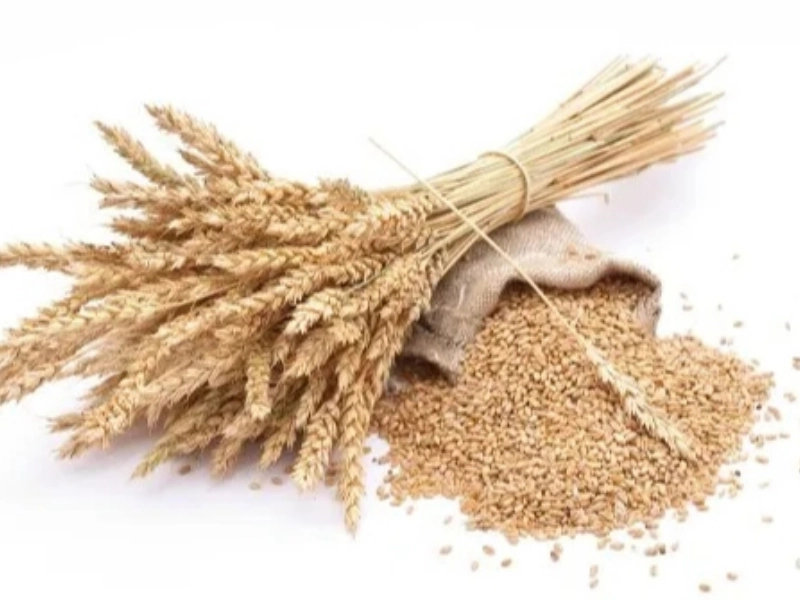 Though whole grains have many advantages, processed grains can have the reverse impact. White bread and pastries are among refined grains; they lack the nutrients, vitamins, and fiber of whole grains. Diets heavy in processed grains can raise blood sugar levels and induce inflammation, therefore compromising cognitive ability. Choosing whole grains deliberately and giving them top priority will assist in boosting general well-being and brain function.
10. Grain Summary for Cognitive Development
Though whole grains have many advantages, processed grains can have the reverse impact. White bread and pastries are among refined grains; they lack the nutrients, vitamins, and fiber of whole grains. Diets heavy in processed grains can raise blood sugar levels and induce inflammation, therefore compromising cognitive ability. Choosing whole grains deliberately and giving them top priority will assist in boosting general well-being and brain function.
10. Grain Summary for Cognitive Development
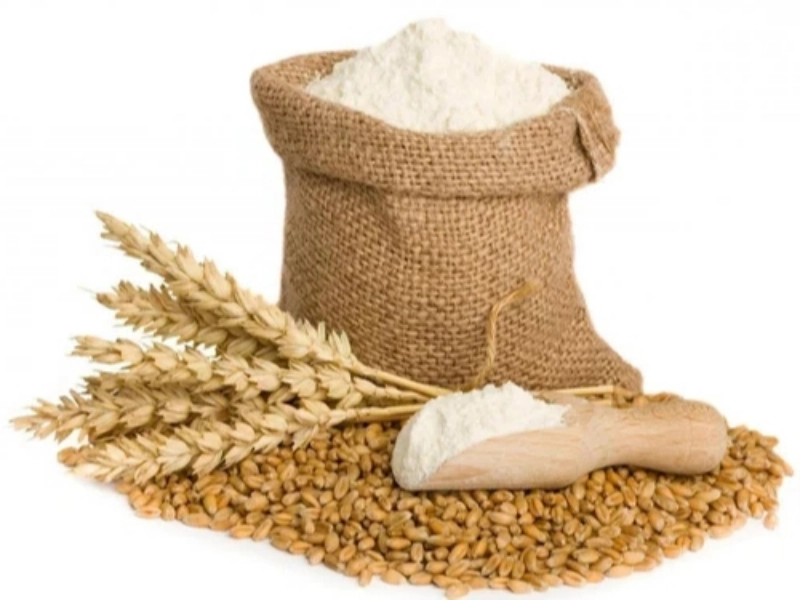 A brain-healthy diet must include whole grains since they offer necessary nutrients to boost cognitive ability and general mental well-being. From complicated carbohydrates to B vitamins and antioxidants, whole grains' nutritional profile helps with memory, mood control, and prevention of cognitive decline. Including a range of healthy grains in daily meals helps people naturally increase cognitive ability and support long-term brain health. One great and efficient approach to help a healthy mind is stressing whole grains in the diet.
A brain-healthy diet must include whole grains since they offer necessary nutrients to boost cognitive ability and general mental well-being. From complicated carbohydrates to B vitamins and antioxidants, whole grains' nutritional profile helps with memory, mood control, and prevention of cognitive decline. Including a range of healthy grains in daily meals helps people naturally increase cognitive ability and support long-term brain health. One great and efficient approach to help a healthy mind is stressing whole grains in the diet.
Advertisement
Advertisement
